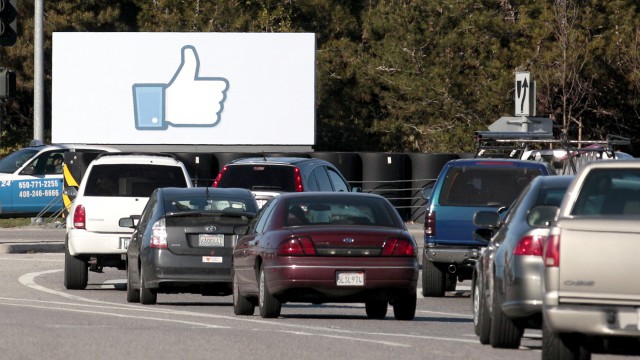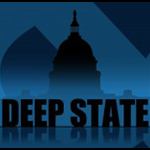But the mistake that Lofgren makes is to think that what he describes is only the case for a “Deep State” centered on national security or law enforcement. To be sure, the attention is warranted, for these are the parts of the government that wield the most terrifying powers, particularly overseas. But anyone who has worked for other parts of government knows that they too operate under the radar screen. And here, in the real business of government, we find that parties are often less relevant than are industry loyalties; instead of really being a Democrat or Republican, one is more accurately loyal to the cable industry, big oil, Hollywood and so on.

As a minor aside — and perhaps I might be accused of defending my own party — Lofgren is not familiar with Silicon Valley and makes a few errors in this respect. I would say that the Valley is newer to Washington and has not yet developed ties as strong as, say, the defense industry, Hollywood or the incumbent telecommunications industries (I should add that intellectual property protection is mainly a southern California obsession). It is not a business that, at least yet, depends on Washington to guarantee profit or protect it from competition. The harder question is whether it’s only a matter of time.



